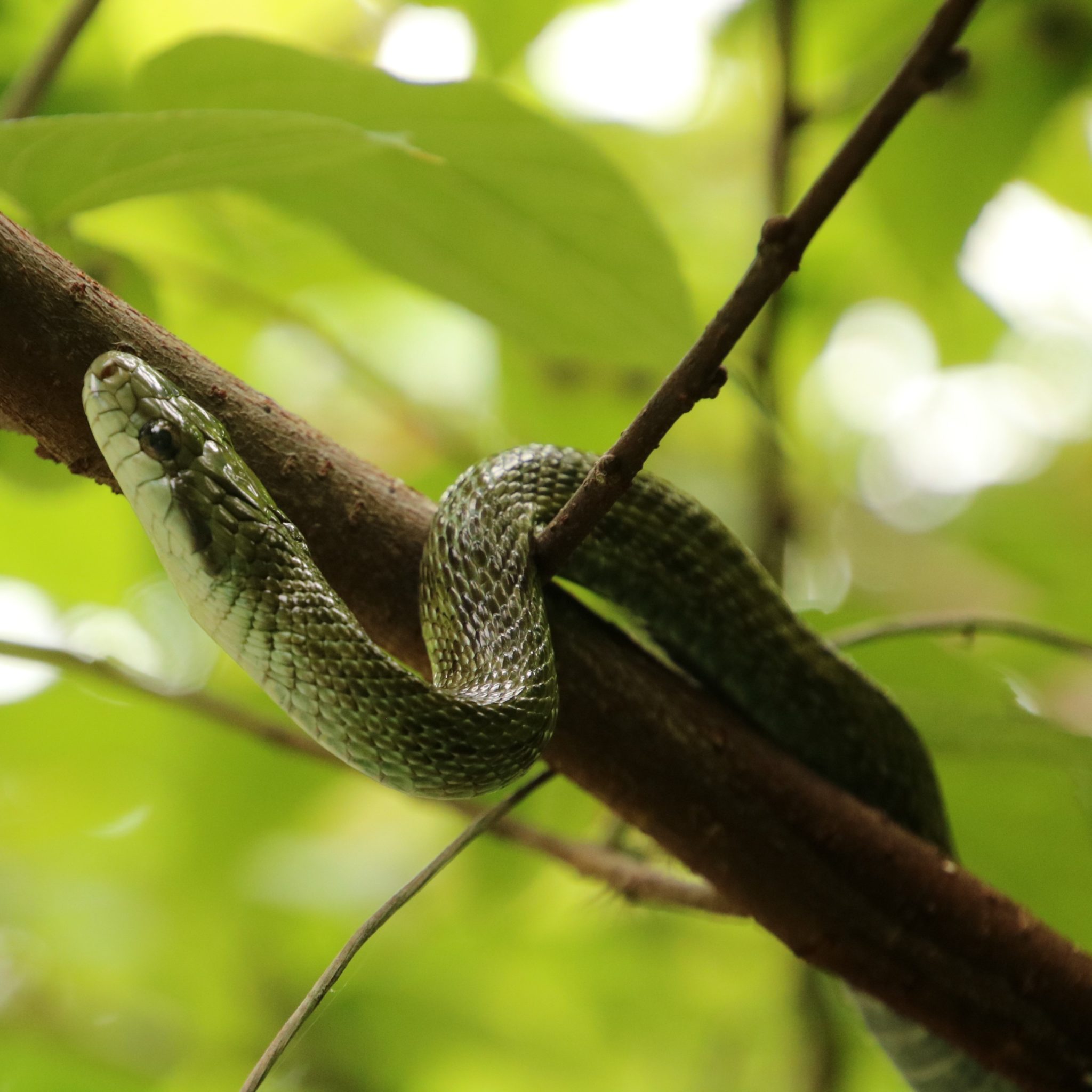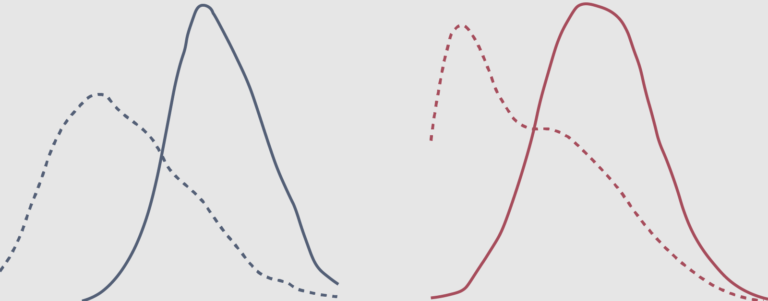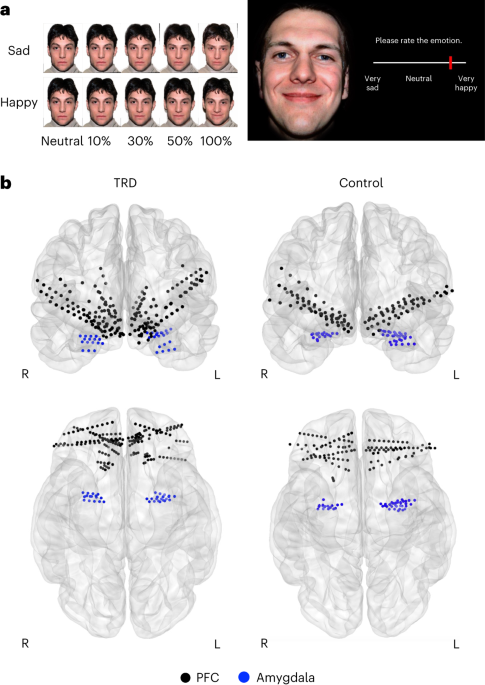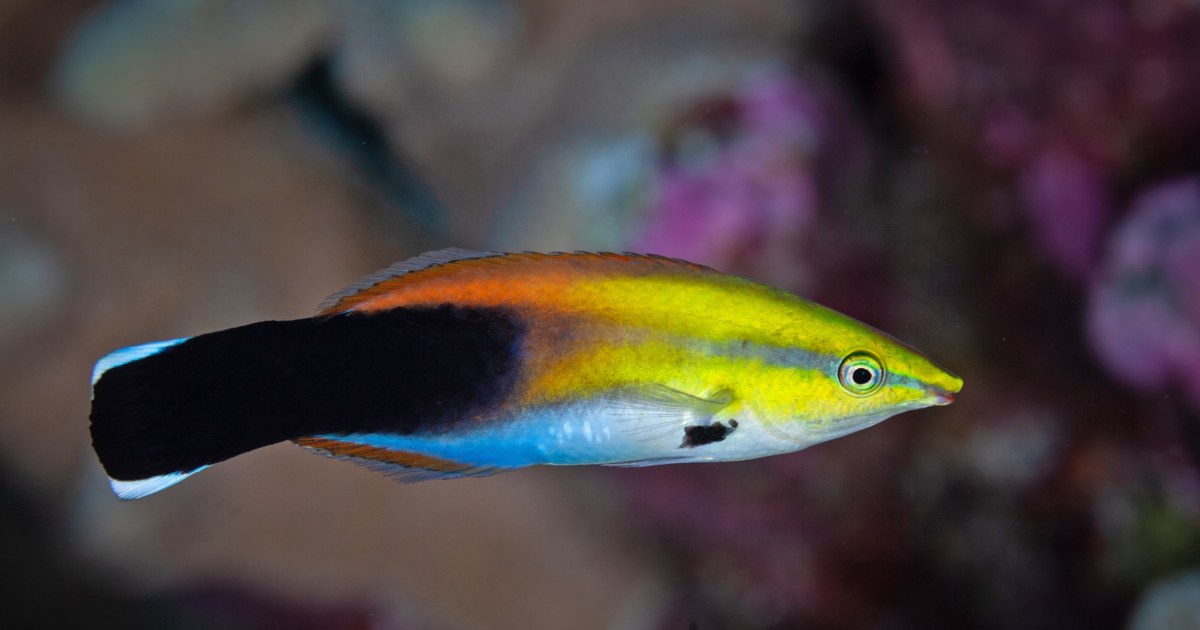
Researchers find few adverse health effects in wildlife exposed to low levels of radiation from the Fukushima nuclear accident
The research team studied rat snakes and wild boar across a range of radiation exposures, examining biomarkers of DNA damage and stress. Photos: Hannah Gerke/University of Georgia and Michael Eickelmann/Flickr
More than 10 years ago, the Great East Japan Earthquake and Tsunami damaged the Fukushima Dai-ichi Nuclear Power Plant, resulting in a massive release of radioactive material into the environment. Radiation dose rates led to the evacuation of over 150,000 residents from an area estimated at 444 square miles. Although people were evacuated, wildlife remained within the Fukushima Exclusion Zone, as it is sometimes called, and generations of animals have since been exposed to radiation levels above the safety threshold for human occupancy.
Colorado State University and the University of Georgia launched graduate student programs in collaboration with Fukushima University’s Institute of Environmental Radioactivity to conduct research on the effects of life-long radiation exposures to wildlife. Their most recent results were published online in Environment International and appears in the October issue of the journal.
Leave a Comment
Related Posts
'It is the Same Here as in Hiroshima and Nagasaki.' Serbians Suffer Long-term Effects of NATO Depleted Uranium Bombs
Comment

























